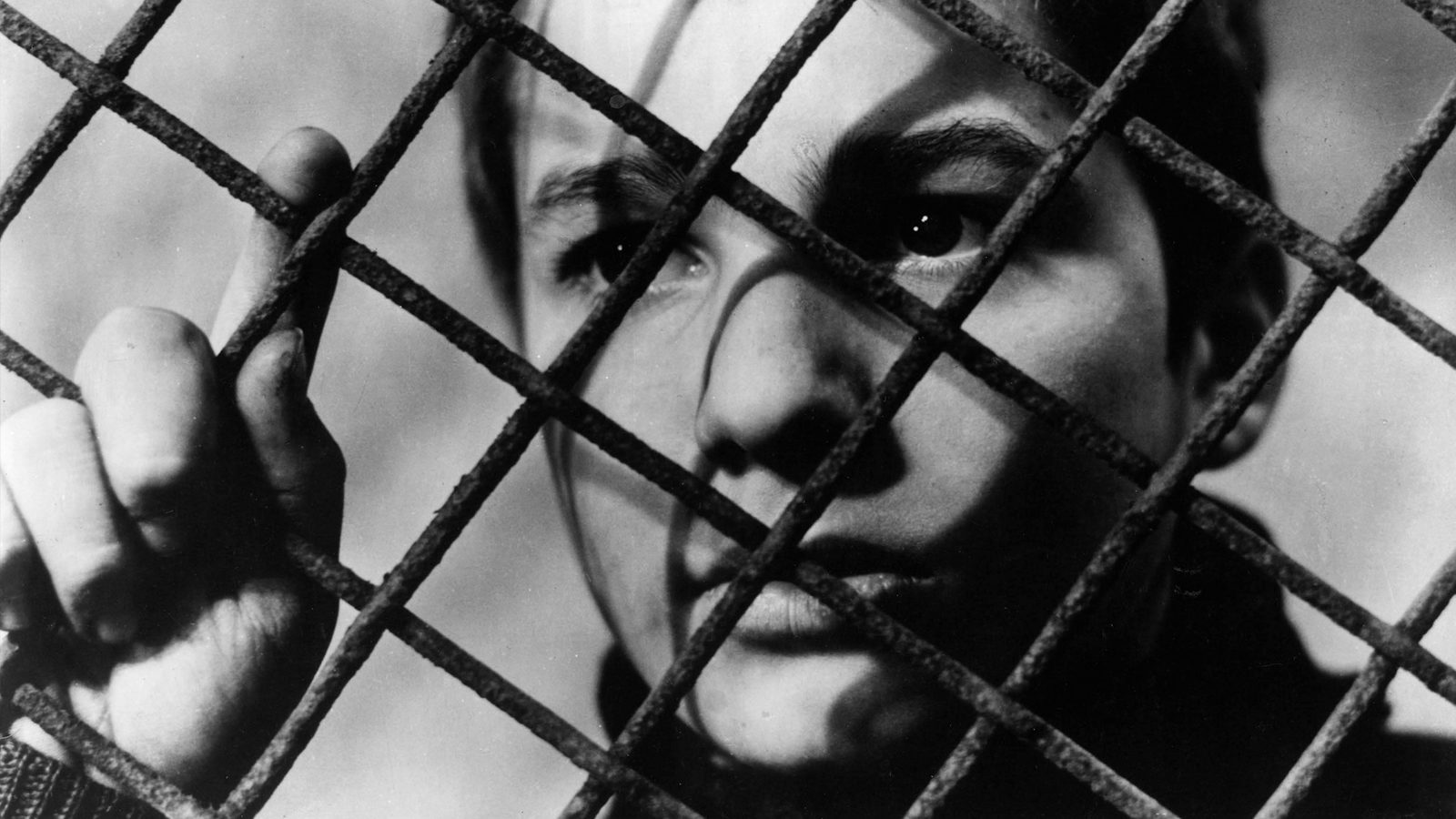
In the world of filmmaking, a director’s debut can often set the tone for their career, showcasing their unique vision and style. Some directorial debuts have not only launched successful careers but also influenced the course of modern cinema, pushing boundaries and inspiring future generations of filmmakers. Here’s a look at rare directorial debuts that left an indelible mark on the film industry and continue to shape the landscape of contemporary cinema.
François Truffaut’s The 400 Blows is a cornerstone of the French New Wave and remains a seminal work in world cinema. This semi-autobiographical film tells the story of a young boy, Antoine Doinel, navigating a troubled childhood in Paris. Truffaut’s innovative use of naturalistic dialogue, handheld camerawork, and jump cuts revolutionized narrative storytelling. The film’s exploration of adolescence and personal freedom resonated with audiences and inspired countless filmmakers, marking Truffaut’s debut as a transformative moment in cinematic history.
David Lynch’s surreal horror film Eraserhead is a striking debut that plunged audiences into the depths of psychological horror and dreamlike narratives. With its haunting imagery and unsettling sound design, Lynch established a distinctive style that would characterize his future work. The film’s exploration of fear, parenthood, and industrial bleakness has left a lasting influence on independent cinema, encouraging filmmakers to embrace the unconventional and push the limits of narrative structure.
Mike Nichols’ The Graduate is a landmark film that not only launched Nichols’ illustrious career but also captured the disillusionment of a generation. Starring Dustin Hoffman as Benjamin Braddock, the film explores themes of identity, societal expectations, and romantic entanglements. Its innovative use of music, particularly Simon & Garfunkel’s soundtrack, and its satirical take on middle-class America have made it a touchstone of 1960s cinema. The Graduate helped shape the modern romantic comedy and remains a significant influence on filmmakers today.
Quentin Tarantino’s Pulp Fiction is a defining film of the 1990s and a hallmark of independent cinema. With its nonlinear storytelling, sharp dialogue, and eclectic soundtrack, Tarantino’s debut feature showcased a fresh approach to narrative structure that changed how stories could be told on screen. The film’s blend of violence, dark humor, and pop culture references resonated with audiences and inspired a wave of filmmakers to adopt similar styles, forever altering the landscape of American cinema.
Richard Linklater’s Boyhood is an ambitious coming-of-age film that spans 12 years in the life of its protagonist, Mason. Although Linklater had directed films prior to Boyhood, its unique production approach—filming the same cast over more than a decade—set it apart. The film’s exploration of childhood, family dynamics, and the passage of time has inspired filmmakers to consider new narrative techniques and the potential of long-form storytelling. Boyhood received critical acclaim and further solidified Linklater’s reputation as a visionary director.
Jordan Peele’s directorial debut, Get Out, took the horror genre by storm, blending social commentary with psychological thrills. The film explores themes of race, identity, and the dynamics of modern relationships, using horror as a lens to examine societal issues. Peele’s innovative storytelling and sharp wit garnered widespread acclaim and reinvigorated the horror genre, inspiring filmmakers to address pressing social issues through their work. Get Out proved that horror could be a powerful medium for discussing important cultural conversations.
Robert Eggers’ The Witch is a chilling folk horror film that marked a striking debut in modern horror cinema. Set in 1630s New England, the film’s meticulous attention to period detail and psychological horror created an immersive experience for audiences. Eggers’ exploration of religious fanaticism, isolation, and family dynamics has influenced a new wave of horror filmmakers to embrace atmospheric storytelling and psychological depth. The Witch has become a touchstone for independent horror and has paved the way for future filmmakers seeking to create unsettling narratives.
Debra Granik’s Winter’s Bone is a powerful debut that sheds light on the struggles of rural America. Starring Jennifer Lawrence in her breakout role, the film follows a teenage girl as she navigates her family’s hardships in the Ozarks. Granik’s gritty realism and commitment to authentic storytelling brought attention to the lives of those often overlooked in mainstream cinema. The film’s success opened doors for independent narratives and has inspired a new generation of filmmakers to explore authentic, character-driven stories.
The Blair Witch Project is a groundbreaking found-footage horror film that revolutionized the genre and the way films are marketed. Directed by Daniel Myrick and Eduardo Sánchez, the film’s innovative approach to storytelling and low-budget production created an authentic and immersive experience. Its success demonstrated the potential of independent filmmaking and inspired a wave of found-footage horror films. The film's unique marketing campaign, which blurred the lines between fiction and reality, continues to influence how films are promoted today.
Greta Gerwig’s directorial debut, Lady Bird, is a heartfelt coming-of-age story that resonated with audiences and critics alike. The film explores the complexities of mother-daughter relationships, adolescence, and personal identity. Gerwig’s authentic voice and relatable characters helped redefine the coming-of-age genre, showcasing the nuances of growing up. Lady Bird garnered multiple award nominations and established Gerwig as a leading voice in contemporary cinema, inspiring future filmmakers to embrace their personal stories.
These rare directorial debuts not only launched successful careers but also reshaped the landscape of modern cinema. By pushing boundaries and challenging conventions, these filmmakers opened the door for new narratives, styles, and perspectives. As we continue to explore the ever-evolving world of film, we can look back at these groundbreaking debuts as crucial turning points that have inspired generations of storytellers. If you have any personal favorites or other notable debuts that you think deserve recognition, let us know in the comments below!